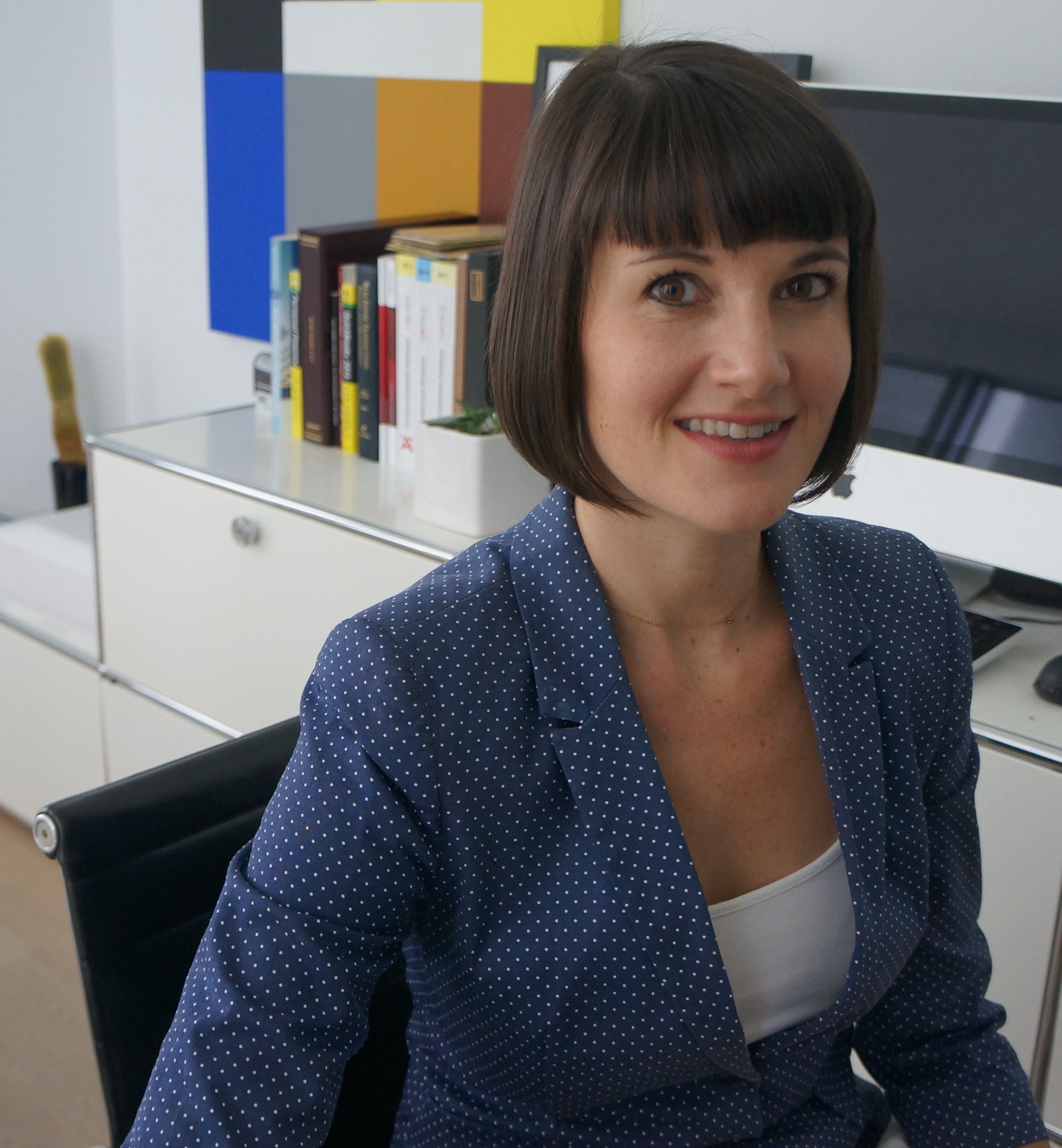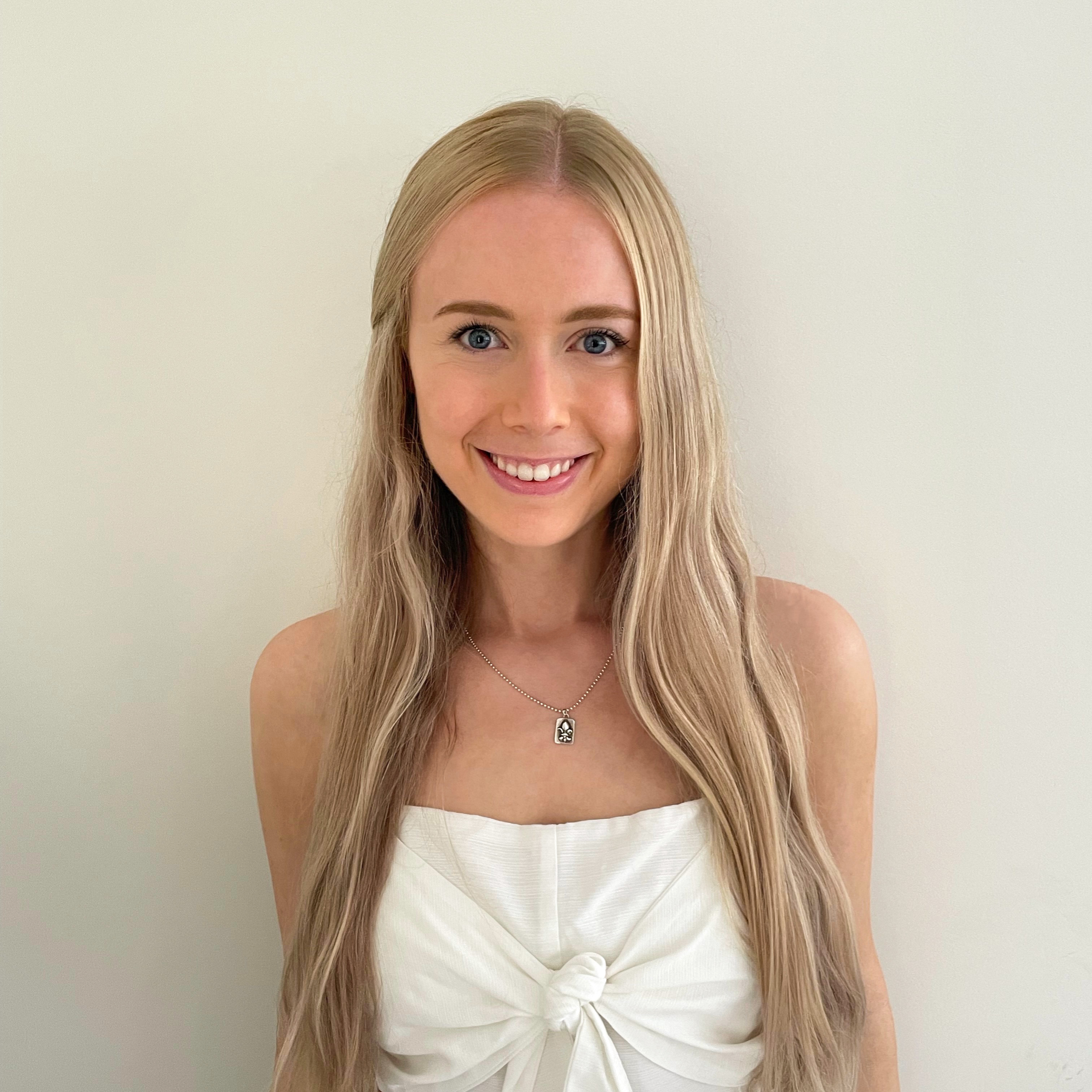Adult - Anxiety
Symposium 13 - Harnessing Novel Quantitative, Technological, and Experimental Paradigms to Empower Investigations of Risk Factors Across the Anxiety and Obsessive Compulsive Spectrum
Level of Familiarity: Advanced
Recommended Readings: Gupta, A., Bansal, R., Alashwal, H., Kacar, A. S., Balci, F., & Moustafa, A. A. (2022). Neural Substrates of the Drift-Diffusion Model in Brain Disorders. Frontiers in computational neuroscience, 15, 678232. https://doi.org/10.3389/fncom.2021.678232, Bainter, S. A., McCauley, T. G., Fahmy, M. M., Goodman, Z. T., Kupis, L. B., & Rao, J. S. (2023). Comparing Bayesian Variable Selection to Lasso Approaches for Applications in Psychology. Psychometrika, 88(3), 1032–1055. https://doi.org/10.1007/s11336-023-09914-9, Greenough, P.G., Nelson, E.L. Beyond mapping: a case for geospatial analytics in humanitarian health. Confl Health 13, 50 (2019). https://doi.org/10.1186/s13031-019-0234-9, Bhatt, P., Liu, J., Gong, Y., Wang, J., & Guo, Y. (2022). Emerging Artificial Intelligence-Empowered mHealth: Scoping Review. JMIR mHealth and uHealth, 10(6), e35053. https://doi.org/10.2196/35053,
-
HL
Hannah Levy, Ph.D. (she/her/hers)
Staff Psychologist
Anxiety Disorders Center, The Institute of Living
Hartford, Connecticut, United States -

Kiara Timpano, Ph.D.
Professor
University of Miami
Miami, Florida, United States -
HL
Hannah Levy, Ph.D. (she/her/hers)
Staff Psychologist
Anxiety Disorders Center, The Institute of Living
Hartford, Connecticut, United States -
SB
Sierra Bainter, Ph.D.
Assistant Professor
University of Miami
Coral Gables, Florida, United States -

Lauren Milgram, B.A. (she/her/hers)
Doctoral Student
University of Miami
Miami, Florida, United States -
JM
Jordana Muroff, Ph.D., LICSW (she/her/hers)
Associate Professor
Boston University
Boston, Massachusetts, United States -
AP
Aiden Payne, Ph.D. (he/him/his)
Florida State University
Tallahassee, Florida, United States
Chair(s)
Discussant(s)
Presenter(s)
Interdisciplinary mobile health (mHealth), associated quantitative advances, and neuroscience-based technologies are changing the nature of health research, providing the opportunity to shift from more reactive approaches for patient care to a more proactive stance. More specifically, mHealth offers exciting possibilities for “P5 medicine,” which targets personalized, predictive specificity, and participatory aspects for clients, all with an eye toward reducing the public impact of disease. As with the larger field of medicine, these novel and newer approaches are opening an unparalleled number of avenues to better study and advance our understanding of risk across the anxiety and obsessive compulsive spectrum. This symposium will summarize and discuss recent advances in applying quantitative approaches developed in other fields to investigating risk factors across the anxiety and OC spectrum, as well as studies that use technological mHealth advances and novel experimental paradigms to bolster etiological studies and assessment efforts. Jointly the studies will demonstrate the breakthrough potential of taking risks on newer approaches or methods not yet applied to the field.
The first two talks will highlight the use of newer quantitative approaches to revisit established vulnerabilities across the anxiety, trauma and OC spectrum. Hannah Levy will present work on reevaluating decision-making deficits in hoarding using Bayesian hierarchical drift diffusion modeling. Her works demonstrates the power in considering latent cognitive processes to investigate information processing abnormalities. Sierra Bainter will present a study that uses Bayesian stochastic search variable selection to investigate a range of vulnerabilities for posttraumatic stress symptomatology across psychological, behavioral, and neural domains. This approach allows for the consideration of multiple correlated predictors, while also addressing black power and protecting against false-positive results. A second group of talks will present research that relies on technological advances and novel experimental paradigms to bolster etiological studies and assessment processes. Lauren Milgram will present a study examining socio-contextual factors associated with anxiety. Her work leverages and discerns community-level risk and individual-level factors using geospatial analysis of neighborhood disadvantage. Jordana Muroff will discuss a novel application of AI to facilitate and enhance assessments of hoarding. Her work will detail efforts of using AI to obtain a powerful new tool to capture clutter using a less biased and more automatic process. Finally, Aiden Payne revisits error-related negativity in relation to risk for anxiety. He will present data on the application of a novel experimental paradigm that allows for a controlled and reliable trigger for brain responses linked with anxiety.
Kiara Timpano will serve as discussant for the symposium. The interplay between general applications and the more specific implications for each symptom domain highlighted will be discussed. Future avenues of research and potential treatment implications will also be addressed.
Learning Objectives:
- Describe advances in applying Bayesian quantitative approaches to investigating risk across the anxiety and OC spectrum.
- Present recent work using geospatial analysis of neighborhood disadvantage to study socio-contextual factors in anxiety.
- Discuss the application of artificial intelligence to automate clutter ratings in the assessment of hoarding.
- Present work on a novel experimental paradigm to allow for a more reliable and controlled trigger for brain response associated with anxiety.
- Describe and summarize implications of the research presented with respect to potential clinical implications and future directions.
Presentations:
-
8:30 AM - 10:00 AM EST(SYM 13) Using Bayesian Hierarchical Drift Diffusion Modeling to Better Understand Difficulty Discarding in Hoarding Disorder
Speaker: Hannah Levy, Ph.D. (she/her/hers) – Anxiety Disorders Center, The Institute of Living
Co-author: Michael Stevens, PhD (he/him/his) – Clinical Neuroscience and Development Laboratory at Olin Neuropsychiatry Research Center
Co-author: David Tolin, ABPP, Ph.D. (he/him/his) – Anxiety Disorders Center, The Institute of Living
-
8:30 AM - 10:00 AM EST(SYM 13) Using Stochastic Search Variable Selection (SSVS) to Identify Key Neural and Psychological Correlates of PTSD Symptoms in a Large Nonclinical Sample
Speaker: Sierra A. Bainter, Ph.D. – University of Miami
Co-author: Zachary Goodman, M.A. – University of Miami
Co-author: Lauren Kupis, MA – UCLA
Co-author: Kiara R. Timpano, Ph.D. – University of Miami
Co-author: Lucina Uddin, Ph.D. – University of California, Los Angeles
-
8:30 AM - 10:00 AM EST(SYM 13) Using Geospatial Data Analysis to Examine Impacts of Neighborhood Disadvantage on Anxiety Symptoms During COVID-19
Speaker: Lauren Milgram, B.A. (she/her/hers) – University of Miami
Co-author: Hannah Broos, M.S. (she/her/hers) – University of Miami
Co-author: Amelia Dev, M.S. – University of Miami
Co-author: Patrice G. Saab, Ph.D. – University of Miami
Co-author: Maria Llabre, PhD (she/her/hers) – University of Miami
Co-author: Kiara R. Timpano, Ph.D. – University of Miami
-
8:30 AM - 10:00 AM EST(SYM 13) Ai-based Automated Clutter Ratings to Enhance Hoarding Disorder Assessment
Speaker: Jordana Muroff, Ph.D., LICSW (she/her/hers) – Boston University
Co-author: Jordana Muroff, Ph.D., LICSW (she/her/hers) – Boston University
Co-author: Zhenghao Sun, BEng – Boston University Dept. of Electrical and Computer Engineering
Co-author: Wangyi Chen, BS – Boston University Dept. of Electrical and Computer Engineering
Co-author: Janusz Konrad, PhD – Boston University Dept. of Electrical and Computer Engineering
-
8:30 AM - 10:00 AM EST(SYM 13) Disturbing Standing Balance to Probe Anxiety-related Brain Activity in Children
Speaker: Aiden Payne, Ph.D. (he/him/his) – Florida State University
Co-author: N. Brad Schmidt, PhD (he/him/his) – Florida State University
Co-author: Alex Meyer, PhD (she/her/hers) – Santa Clara University
Co-author: Greg Hajcak, PhD (he/him/his) – Santa Clara University

.png)
